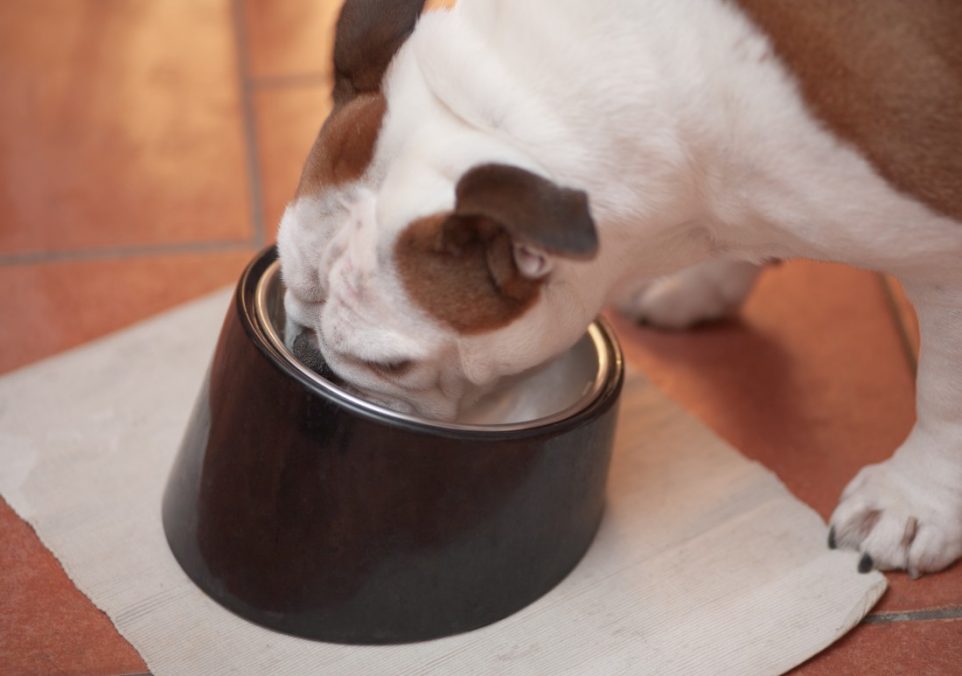Here’s What to Feed a Dog With an Upset Stomach: 5 Affordable Foods for Sick Pups

As dog owners, we’ve all been there—a pup with an upset stomach can be a stressful experience. Whether it’s due to dietary indiscretion, a sudden change in food, or an underlying issue, it’s essential to know what to feed your furry friend to help them recover.
In this blog, we’ll guide you through the process of selecting the right foods to soothe your dog’s upset stomach without breaking the bank. We’ll explore five affordable and easily accessible options that can provide relief and nourishment while addressing your dog’s digestive woes. With a little care and the right approach, you can nurse your canine companion back to health and put a wag back in their tail.
Why Dogs Get Upset Stomachs
Upset stomachs in dogs can arise from a variety of factors, including dietary indiscretion, when they consume items like spoiled food, trash, or foreign objects. Food allergies or sensitivities can trigger digestive issues, often related to specific ingredients in commercial dog food.
Additionally, gastrointestinal infections caused by bacteria, viruses, or parasites can lead to stomach discomfort. Dogs may also experience digestive problems due to stress or anxiety, emphasizing the intricate connection between their emotional state and digestive well-being.
What to Feed a Dog With an Upset Stomach
Rice and Boiled Chicken
The classic bland diet for dogs with upset stomachs includes plain white rice and boiled chicken. These ingredients are easy to digest and provide necessary nutrition. The rice offers carbohydrates for energy, while the chicken offers lean protein. Make sure to remove the skin, bones, and excess fat from the chicken.
Plain Cottage Cheese
Cottage cheese is another excellent option for soothing your dog’s stomach. It’s low in fat and high in protein, making it gentle on the digestive system. You can offer small amounts of plain cottage cheese to provide easily digestible nourishment.
Pumpkin
Canned pumpkin (not pumpkin pie filling) can help regulate your dog’s digestion. The fiber in pumpkin can ease diarrhea or constipation and promote regular bowel movements. You can mix a small amount of plain, canned pumpkin into your dog’s food.
Boiled Potatoes
Boiled potatoes are a simple source of carbohydrates that are easy on the stomach. They can help provide your dog with energy while also absorbing excess stomach acid. Avoid adding butter, oil, or seasonings, as these can exacerbate digestive issues.
Plain Yogurt
Plain yogurt contains probiotics that can aid in digestion and promote the growth of beneficial gut bacteria. The live cultures in yogurt can help balance the digestive tract. Choose a yogurt without added sugars or artificial sweeteners.
Feeding Tips for Dogs with Upset Stomachs
To alleviate your dog’s upset stomach, consider offering small and frequent meals throughout the day instead of large portions. You can also re-introduce food through an automatic dog feeder. Ensure they have access to clean, fresh water at all times to prevent dehydration, which can exacerbate digestive issues.
Keep a close watch on your dog’s condition, noting any changes, and consult your veterinarian if symptoms persist or worsen. Avoid feeding your dog human foods that could worsen stomach problems, such as fatty, spicy, or sugary items. When your dog’s stomach has settled, gradually reintroduce their regular diet over a few days to prevent digestive upset.
When to Consult a Veterinarian
While the foods mentioned above can effectively alleviate mild digestive discomfort in dogs, there are specific circumstances that necessitate prompt consultation with your veterinarian. If your dog’s upset stomach persists without improvement for 24-48 hours or if the symptoms worsen, it’s crucial to seek veterinary guidance.
Additionally, the presence of blood in vomit or diarrhea is a severe concern that requires immediate medical attention. Should your dog appear weak, lethargic, or in pain, professional assistance is essential. If there’s any suspicion of your dog ingesting toxic substances or foreign objects, contacting your vet immediately is imperative to address potential hazards.
Lastly, for dogs experiencing frequent upset stomachs or chronic digestive problems, it’s vital to engage your veterinarian to identify and address underlying issues that may be contributing to the recurrent distress.
Conclusion
Helping your dog recover from an upset stomach doesn’t have to get complicated or expensive. With the right foods and care, you can ease their discomfort and get them back to their happy, tail-wagging selves. Remember to provide small, gentle meals and monitor their condition closely. While these home remedies are effective for mild cases, it’s crucial to seek professional veterinary advice for persistent or severe digestive issues to ensure the well-being of your furry friend.
Your Pet’s Best Interest, Always
At Pet Institute, we take pet care seriously. We're dedicated to transparency, impartiality, and the well-being of your pets in every article, review, and recommendation we provide. Our unwavering commitment to these principles ensures that you, our valued reader, always receive reliable and unbiased information. Let us be your trusted guide in the world of pet care and companionship.